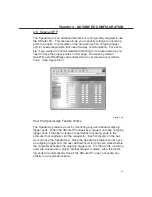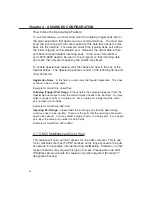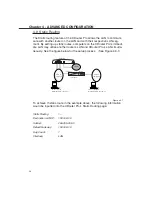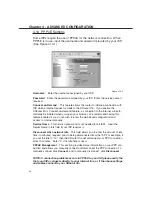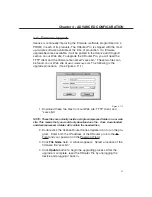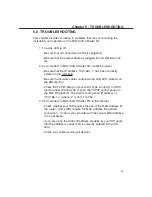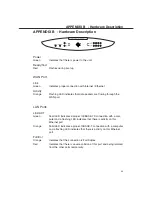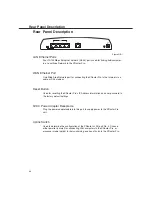
Gateway
An entrance to a network. It associates with both router and switch whereas the
router gives direction as data arrives at the gateway and the switch, on the other
hand, furnishes its actual path in and out of the gateway.
HTTP
The Hypertext Transfer Protocal is an application protocol and a set of rules for file
exchange on the World Wide Web.
IEEE
Abbreviation of Institute of Electrical and Electronics Engineers. Founded in 1884,
the IEEE is an organization composed of engineers, scientists, and students. The
IEEE is best known for developing standards for the computer and electronics
industry. In particular, the IEEE 802 standards for local area networks are widely
adopted.
Internet
A global network connecting millions computers. As of 1998, the Internet has more
than 100 million users worldwide, and that number is still growing rapidly. More
than 100 countries are linked to the exchanges of data, news and opinions.
IP
Internet Protocol is meant by sending data from one computer (host) to another on
the internet. Each of the host has at least one IP Address which identifies its IP
from other computers on the internet. When sending or receiving messages, the
messages are divided into different packets that contain addresses of the senders
and the receivers.
IP Address
An identifier for a computer or device on a TCP/IP network. Networks using the
TCP/IP protocol route messages base on the IP address of the destination. The
format of an IP address is a 32-bit numeric address written as four numbers sepa-
rated by periods. Each ranges from 0 to 255. For example, 1.160.10.240 could be
a legal IP address.
ISP
Short for Internet Service Provider, or a company that provides access to the
Internet. Paid on a monthly basis, the service provider gives you a software pack-
age, username, password and access phone number. Equipped with a modem,
you can then log onto the Internet and browse the World Wide Web and USENET,
as well as to send and receive e-mails.
Local Area Network (LAN)
A computer network that spans a relatively small area. Most LANs are confined to
a single building or a group of buildings. However, one LAN can be connected to
other LANs over any distance via telephone lines and radio waves. A system of
38
Glossary


